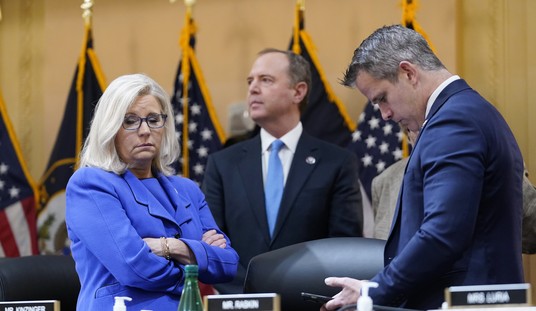I mean, the basic concept behind the practice is worrisome enough: banks foreclose on a property when it goes into default, discover that the foreclosure sale doesn’t recoup their losses, so they get a ‘deficiency judgment’ to try to get the rest from the original borrower. So far, such is life – but where it gets worrisome is where they resell the judgments to third parties.
The increase in deficiency judgments has sparked a growing secondary market. Sophisticated investors are “ravenous for this debt and ramping up their purchases,” says Jeffrey Shachat, a managing director at Arca Capital Partners LLC, a Palo Alto, Calif., firm that finances distressed-debt deals. He says deficiency judgments will eventually be bundled into packages that resemble mortgage-backed securities.
Yes. Indeed. That particular practice is what got us into this mess in the first place. Thanks, Barney Frank!
So why am I unsympathetic? Probably because of the people that they chose for the WSJ article who are getting hit with deficiency judgments are not exactly living on the streets. Every person mentioned as facing a judgment is either: facing one on his vacation home; has since purchased another house; or is facing judgments on investment properties. This doesn’t necessarily make any of those folks bad people (although I suspect that the guy in the middle may be a strategic defaulter, which is at best kind of annoying) – but it does suggest that they’re not exactly in the same financial position as a family of five who got foreclosed out of their ARM balloon payment crackerbox and have just been served papers at the local homeless shelter. And that assumes the banks even want a piece of that PR disaster waiting to happen, which may not be all that high-probability…
Via Instapundit.
Moe Lane (crosspost)
PS: Let me make myself clear: bundling high-risk, low-return deficiency lawsuits and reselling them is a bad idea, for the same reason that bundling the high-risk low-return mortgages that spawned them was. Slapping them together makes the package look like a better bet than it actually is, and any price inflation that may occur will eventually deflate, too.














Join the conversation as a VIP Member